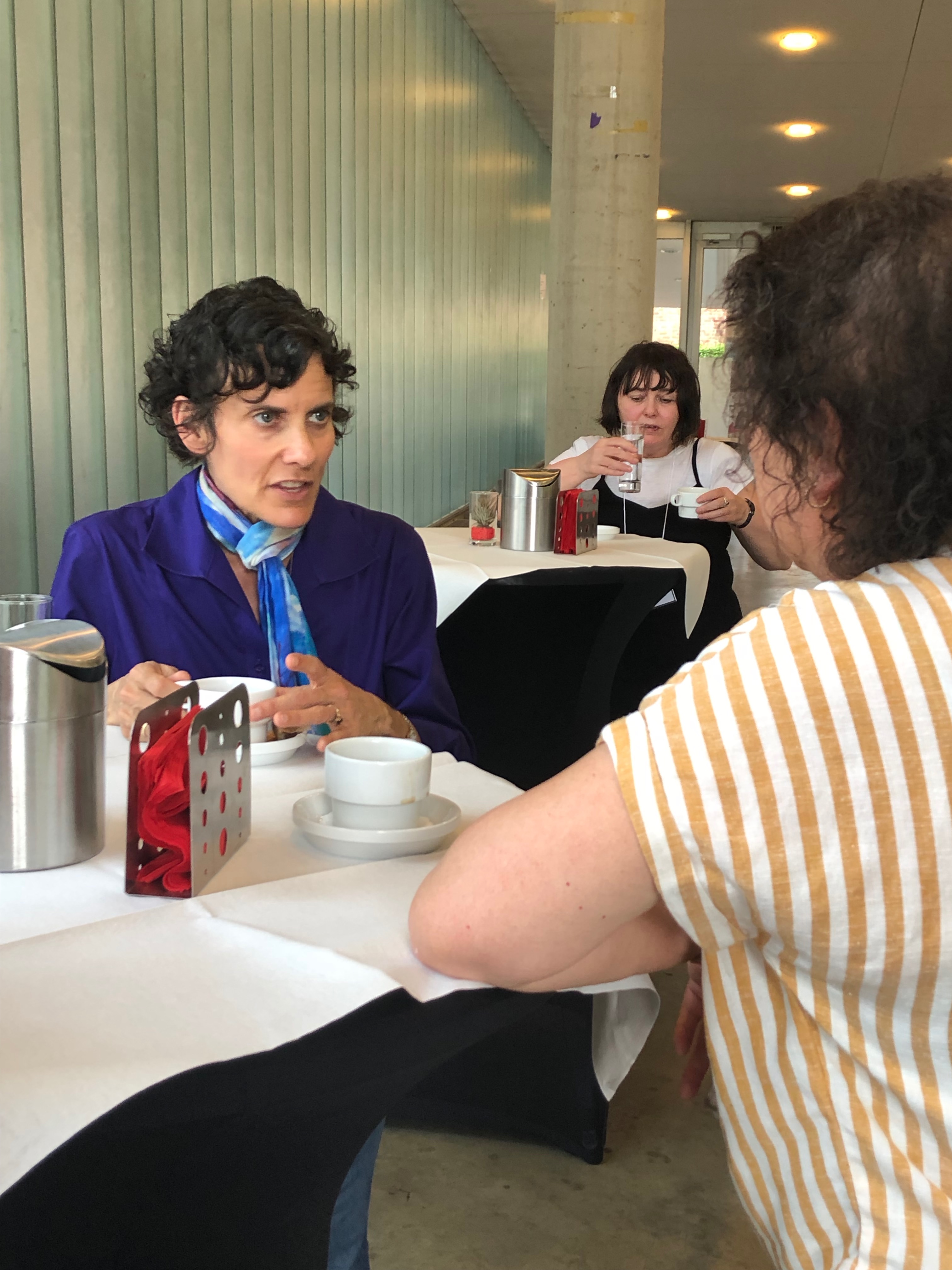Blog Post: Gain Control of Your Desires. Understand How Your Desires, Your Thinking, and Your Emotions Dynamically Interconnect

Linda Elder
Oct 06, 2022 • 1y ago
Oct 06, 2022 • 1y ago
Gain Control of Your Desires. Understand How Your Desires, Your Thinking, and Your Emotions Dynamically Interconnect
{"ops":[{"insert":"If you want to be in command of your life, you have to get command of the desires that direct your behavior. Otherwise, it is all too easy to pursue irrational desires—desires that are self-destructive or harmful to others, such as the desire to dominate. When you don’t actively assess and critique what you want, you often end up pursuing senseless desires without knowing why.\n \nWhen you develop as a self-reflective thinker, you can differentiate between desires that make sense and those that don’t, between those that can be justified and those that can’t. You work to reject desires that lead to suffering. You break down habits that feed self destructive desires. You establish habits conducive to a fulfilling life. Recognizing that much suffering results from the unbridled pursuits of greed, power, or approval, you carefully monitor these natural, but harmful, human desires in yourself. You simplify your life. Realizing that most irrational desires function at the unconscious level of thought, you work to bring your them out into the open to examine them. You explicitly formulate your purposes, goals, and motives so you can more easily assess them.\n \nIt is important to realize that desires function in relation to thoughts and feelings. Wherever you have desires, your thinking leads to those desires. You experience feelings when you act on those desires. For example, if you desire, or want, to move to a different job, you think that the job will be better than your current job in one or more ways. When you begin working at the new job, you then feel some emotions as a result (for example, satisfaction, dissatisfaction, fulfillment, or frustration). If you feel dissatisfied, you might be driven to rethink your decision. You might try to go back to your old job. And so it goes.\n \nThus, each of the mind’s three functions—thoughts, feelings, and emotions—continually interact and influence one another. Critical thinkers understand the relationship among thoughts, feelings, and desires. They routinely assess the desires guiding their behavior. They analyze the thinking that gives rise to those desires.\n \n"},{"attributes":{"bold":true},"insert":"Be on the lookout for…"},{"insert":"\n…desires today—your desires and the desires of others. Notice how often people pursue irrational desires. Identify which of your desires you can admit and which you try to hide. Notice how often people try to justify self-serving desires. Notice how they object to the self serving desires of others. Look closely at the implications of desires in your life. Every pursuit has its price. Notice how the pursuit of wealth, power, status, and celebrity impacts the quality of life—for you and others. Much suffering and injustice result from them. You can never be a reasonable or just person if you are subservient to selfish or irrational desires.\n \n"},{"attributes":{"bold":true},"insert":"Strategies for controlling your desires:"},{"insert":"\n• Recognize that every action you take is driven by your purpose or desire. Make a list of every behavior you engage in that leads to humiliation, pain, or suffering, or that is dysfunctional in some other way (to yourself or others). For every behavior on your list, write a detailed explanation of why you engage in this behavior. Question each explanation: What motivates you? You might have to do some digging here, because your egocentric mind tries to convince you that you have no irrational desires.\n \n• Think through the implications of each behavior you just listed. Detail in writing what happens, or might happen, as a result of each behavior. Be as specific as possible. Again, don’t hide from the truth.\n \n• List some things you can do immediately to alter your dysfunctional behavior (remember that your behavior comes from your desires). Your behavior is probably influenced by your situation. Reflect on the questions: Do you need to change some things in your situation? Do you need to move? Do you need\nto get out of a bad relationship? Do you need to learn better coping strategies? Do you need to read the ideas in this blog once a week to be reminded of useful strategies for targeting unreasonable desires?\n \n• Write a detailed plan for changing your dysfunctional behavior. The more details you include, the more useful your plan will be.\n \nFor more on the relationship between cognition and affect, work through the activities in the academy section "},{"attributes":{"italic":true},"insert":"Triangle of Thinking, Feeling and Wanting"},{"insert":": "},{"attributes":{"color":"#0563c1","link":"https://community.criticalthinking.org/triangleOfThinking.php"},"insert":"https://community.criticalthinking.org/triangleOfThinking.php"},{"insert":"\n \n \nThis blog piece slightly modified from "},{"attributes":{"italic":true},"insert":"30 Days to Better Thinking and Better Living"},{"insert":" by Linda Elder and Richard Paul, 2013, Upper Saddle River, NJ: Pearson Education, pp. 115-117.\n"}]}
328 Views 0 Comments
Submit a comment
Comments
Be the first to comment!
